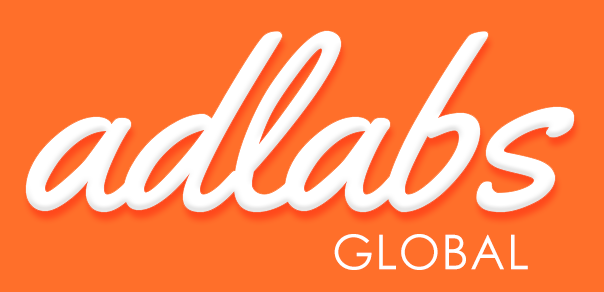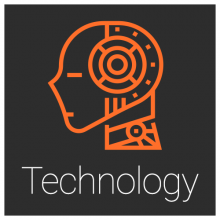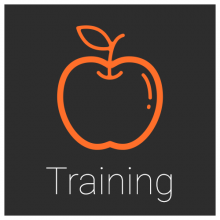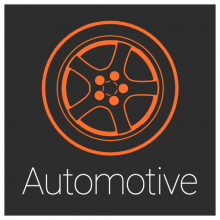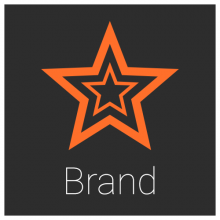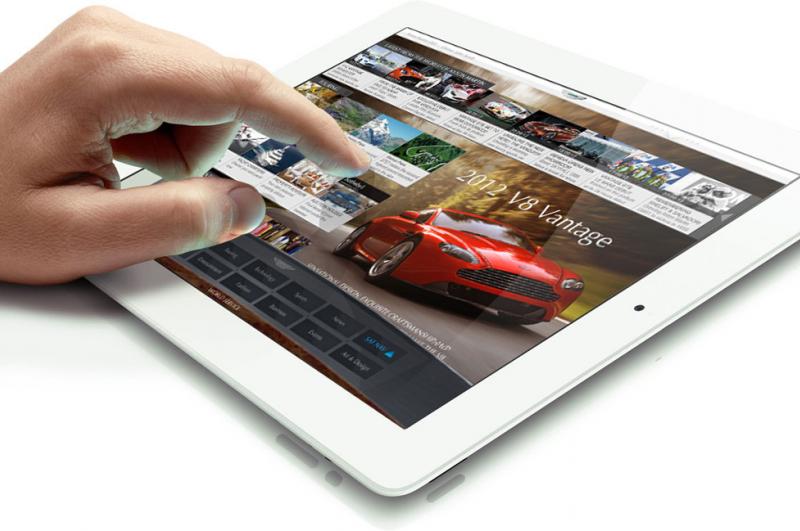Part One - a shared language of experience
Adlabs is a full service agency. However, some clients know us better for our training capabilities… both digital and face-to-face. Each month, we will be bringing you new training insights and demystifying training solutions. We are going to kick off with some digital demystification; that rather catchy phrase …….. “Tin Can” or “Tin Can API”.
Most companies we work with are grappling with quite a few things when it comes to learning for work.
First, they have a workforce that is increasingly independent in the way it sources information and know-how. Proactive workers now have smartphones in their pockets. They expect to access free content on any subject and can tap into networks of experts on anything they need help with.

Secondly, they need their workers to learn to perform quickly to gain a competitive advantage. While formal training courses are still the best way to learn for many, they can sometimes be too slow and cumbersome to achieve this.
Thirdly, they are saddled with expensive, sprawling learning management systems that are all about management and almost nothing about learning.
These three things mean that learners are encouraged to, want to, and are able to take control of their own learning. Their experiences away from work lead them to expect the ability to personalise how they consume (and share) information, but at work they simply don’t have the systems to make that happen. Happily, some have woken up to this problem and there is a new generation of learning technology that can make learning at work more social, relevant and personalised for the next generation of workers.
“The Tin Can API is a shared language of experience; a way for systems to talk to each other about what people do.”
Instead of static, one-dimensional LMS sites hosting traditional e-learning courses that learners undertake once a year when instructed, a next generation LMS, powered by Tin Can, can be a living ecosystem which actively supports individuals in their jobs.

This evolved LMS enables learners not only to capture and share resources and experiences outside the traditional online courses, but it also can also provide a platform for learners to refine knowledge, share best practice and top-up knowledge.
And Tin Can’s role in all this?
The truth is that Tin Can by itself is just a mechanism for capturing lots of data from lots of places. It’s what you do with the data that provides the power to transform your LMS. Below we look at some examples of how the Tin Can API and how its data can be used.
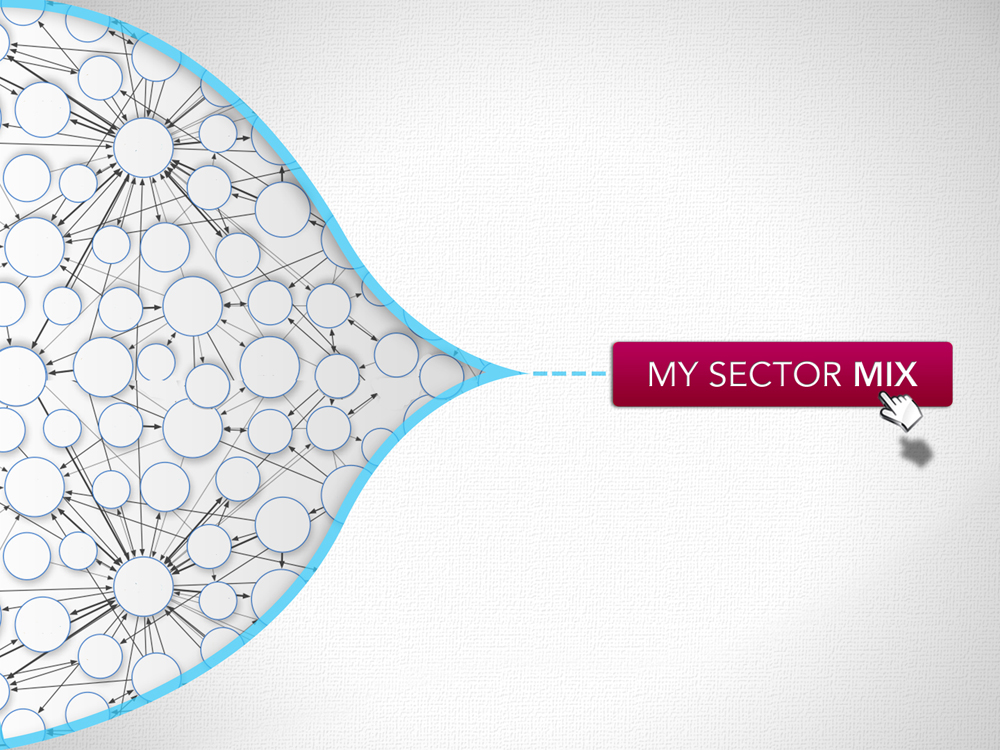
One scenario: Let’s imagine I want to learn about best practice for motorcycle sales. So.....I log onto the corporate LMS and find an e-learning course that’s 5 years old. It’s out of date and practically useless.
With Tin Can, I have the freedom to find my own learning. A quick Google search and I instantly find some great resources from industry experts detailing the most up-to-date sales methods. I open one and read it. It’s great; just what I need, as it covers the gaps in my knowledge of the subject. Before I close my browser, I hit the ‘I read this’ button in my browser toolbar. Tin Can API powers the ‘bookmarklet’ - the button on my web browser toolbar - which is already hooked up to my LMS so when I press the button a new learning experience is recorded. I don’t even need to be logged into the LMS, it’s just there.
The next generation LMS should support the sharing of experiences between learners. By providing rating systems, shared experiences can be voted on and rated by the community. This creates a system where the best experiences rise to the top for everyone to benefit from - a community of practice.
Let’s say I thought the new motorcycle sales practice guide I just read was so good that I wanted to share it with the rest of my team. I can open up the LMS and press the share button on my experience, publishing it to the rest of my team.

A few of them open the link in the experience and think it is a valuable resource. They press the ‘like’ button because it is popular the experience shows up in the trending panel to encourage other learners on the LMS to take a look.
Once embedded in our working lives, Tin Can API generates the kinds of data we have been craving for years. Plus, we can apply ‘Big Data’ analysis to learning interventions. This analysis drives innovation in learning, as we better understand what does work, what actually helps and how we really learn. The next generation of learning is already here and promises to be better, more engaging and work-relevant.
Part 2 about Tin Can's capabilities is coming soon.
